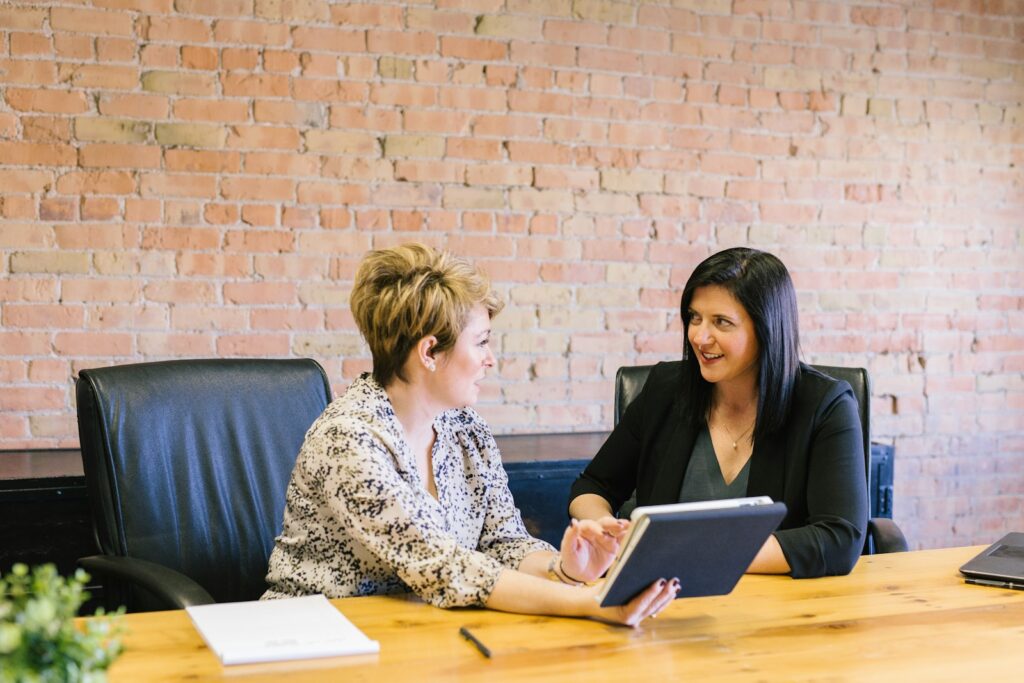Hiring the right candidate can significantly impact a company’s success, making the first round interview questions a crucial part of the recruitment process. Understanding these questions helps both interviewers and applicants navigate the initial screening effectively. This article delves into the most common first round interview questions, providing insights and examples to aid preparation and execution. Let’s explore the key aspects of these essential interview questions.
What are First Round Interview Questions?
First round interview questions are preliminary questions asked during the initial phase of the hiring process. These questions are designed to assess a candidate’s basic qualifications, cultural fit, and potential to progress to the next interview stages. Understanding first round interview questions helps streamline the recruitment process and ensures that only the most suitable candidates are shortlisted.
Most Common First Round Interview Questions

Can you tell me about yourself?
This question allows the candidate to provide a brief overview of their background, highlighting key achievements and experiences. It helps the interviewer gauge the candidate’s communication skills and how they perceive their own professional journey. A well-structured response can set a positive tone for the rest of the interview.
Example: “I have over five years of experience in digital marketing, specializing in social media strategy and content creation. My previous role at XYZ Company allowed me to develop campaigns that increased engagement by 40%. I hold a degree in Marketing from ABC University and have a strong passion for creative storytelling.”
Why are you interested in this position?
Interviewers ask this question to understand the candidate’s motivation and alignment with the company’s goals. The answer should reflect genuine interest in the role and how it fits into the candidate’s career plans. It also shows that the candidate has researched the company and understands the position.
Example: “I am excited about this position because it aligns with my passion for developing innovative marketing strategies. I admire your company’s commitment to sustainability and believe my skills in digital marketing can contribute to your mission. Additionally, the opportunity for professional growth in your dynamic team is highly appealing to me.”
What are your strengths?
This question is aimed at identifying the candidate’s key skills and how they can add value to the company. The response should highlight relevant strengths that match the job requirements. It also provides an opportunity to showcase personal attributes that differentiate the candidate from others.
Example: “My strengths include strong analytical skills, creativity, and effective communication. I excel at interpreting data to create actionable marketing strategies, and my creative approach helps in designing compelling campaigns. My ability to communicate clearly with team members and clients ensures that projects run smoothly and meet objectives.”
What are your weaknesses?
This question tests the candidate’s self-awareness and honesty. A good answer acknowledges a real weakness and explains the steps taken to overcome it. This demonstrates a willingness to improve and adapt.
Example: “One of my weaknesses has been public speaking. To address this, I joined a local Toastmasters club to practice and improve my skills. Over time, I’ve become more confident and capable of delivering presentations effectively.”
How do you handle stress and pressure?
Interviewers want to understand how candidates manage stressful situations, as this can impact job performance. The answer should include specific techniques or experiences that demonstrate effective stress management. It shows resilience and the ability to maintain productivity under pressure.
Example: “I handle stress by prioritizing tasks and breaking them down into manageable steps. During high-pressure projects, I stay organized by using project management tools and take short breaks to clear my mind. This approach helps me maintain focus and deliver quality results on time.”
Can you describe a time when you faced a challenge at work and how you dealt with it?
This behavioral question assesses problem-solving skills and resilience. The candidate should provide a specific example that highlights their ability to overcome obstacles and achieve positive outcomes. It shows how they approach challenges and learn from experiences.
Example: “In my previous job, I faced a challenge when a major client was unhappy with our campaign results. I organized a meeting to understand their concerns and then collaborated with my team to revise the strategy. The changes we implemented resulted in a 30% increase in client satisfaction and renewed their contract with us.”
Why are you leaving your current job?
The purpose of this question is to understand the candidate’s motivations for seeking new opportunities. A positive, forward-looking answer is crucial. It should focus on growth and career aspirations rather than negative aspects of the current job.
Example: “I am looking to leave my current job because I am seeking new challenges and opportunities for professional growth. While I have learned a lot in my current role, I believe that this position offers the chance to expand my skills and contribute to a company with a strong vision for the future.”
What are your career goals?
This question helps interviewers understand the candidate’s long-term ambitions and whether they align with the company’s direction. The answer should reflect realistic and achievable goals. It shows that the candidate has a clear vision for their professional future.
Example: “My career goal is to become a senior marketing manager, leading innovative campaigns that drive significant business growth. I aim to continuously develop my skills in data analysis and strategic planning. In the next five years, I see myself taking on more leadership responsibilities and contributing to impactful projects within the company.”
How do you work in a team?
Teamwork is a critical aspect of most jobs, and this question evaluates the candidate’s collaboration skills. The response should highlight experiences where the candidate effectively worked with others to achieve common goals. It shows their ability to contribute to a positive team dynamic.
Example: “I enjoy working in a team because it allows for diverse perspectives and collaborative problem-solving. In my last project, I coordinated with different departments to launch a successful marketing campaign. By leveraging each team member’s strengths, we achieved our targets and learned valuable lessons along the way.”
Do you have any questions for us?
This question is an opportunity for candidates to show their interest in the role and the company. Asking insightful questions demonstrates preparation and enthusiasm. It also helps the candidate assess if the company is the right fit for them.
Example: “Can you tell me more about the team I would be working with? What are the key challenges the team is currently facing? Additionally, how does the company support professional development and career growth?”
How to Get Prepared for First Round Interview Questions

Research the Company
Thoroughly researching the company is crucial for answering first round interview questions effectively. Understand the company’s mission, values, products, and recent news. This knowledge allows you to tailor your responses and show genuine interest. It also helps in asking insightful questions at the end of the interview.
Practice Common Questions
Practicing common first round interview questions helps build confidence and improve your delivery. Rehearse your answers to typical questions, ensuring they are concise and relevant. Use examples from your experience to support your responses. This preparation reduces anxiety and helps you communicate more effectively during the interview.
Highlight Relevant Skills
Focus on highlighting skills that are relevant to the job you are applying for. Review the job description to understand the key skills required and prepare to discuss how your experience aligns with these needs. Demonstrating your relevant skills makes a strong case for why you are a good fit for the position.
Be Ready to Discuss Your Resume
Be prepared to discuss any aspect of your resume in detail. Interviewers often ask questions based on the information provided in your resume. Review your resume thoroughly and be ready to expand on your achievements, experiences, and the skills you have listed.
Prepare Questions for the Interviewer
Having a few thoughtful questions ready for the interviewer shows your interest in the role and the company. It also provides an opportunity to gather more information to determine if the job is a good fit for you. Ask about the team, company culture, and any challenges the company is facing.
Special Focus Section: Behavioral Questions
Behavioral questions are designed to assess how candidates have handled various situations in the past, providing insights into their potential future performance. Here’s a unique angle on how to tackle them:
- Use the STAR Method: Structure your answers using the Situation, Task, Action, and Result (STAR) method. This ensures your response is clear and comprehensive.
- Be Specific: Provide specific examples rather than general statements to illustrate your points effectively.
- Highlight Learning: Mention what you learned from each experience to show growth and self-awareness.
- Keep it Relevant: Ensure the examples you choose are relevant to the job you are applying for to demonstrate your suitability for the role.
Conclusion
Mastering first round interview questions is essential for making a positive impression on potential employers. By understanding common questions, preparing thoughtful responses, and showcasing relevant skills, you can navigate this critical stage of the hiring process successfully. Stay confident, be well-prepared, and approach each interview as an opportunity to demonstrate your potential and fit for the role. Good luck!
